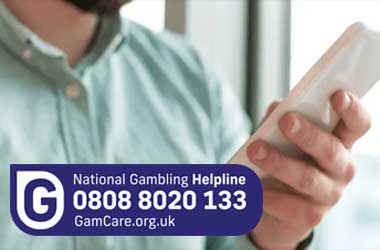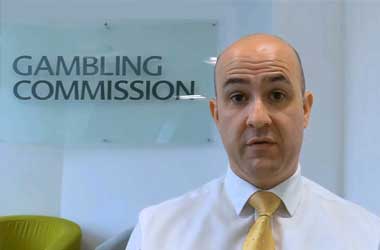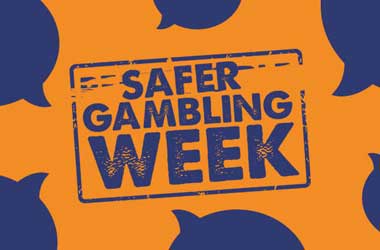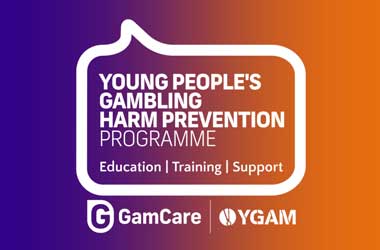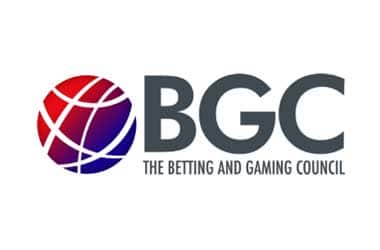
- The number of patients referred to NHS gambling addiction clinics rose by 42%
- Most of those referred are young men and has caused serious concern for the NHS
- NHS clinicians are backing a proposed statutory RET levy on the industry
The NHS is putting pressure on licensed iGaming operators to contribute a mandatory fee each year after a recent stats show that a significant increase in the number of new patients battling problem gambling habits in 2022.
The latest NHS report shows a total of 599 patients were referred for treatment for gambling addiction from April to September 2022.
That’s up 42% from the 421 patients recorded during the same period in 2021. The health service recently opened two new addiction clinics located in Stoke and Southampton to cater to the rising demand for problem gambling treatment and support services in the country.
More Young Men Fall Victims to Gambling Addiction
The NHS observed a worrying trend among young men being admitted to accident and emergency (A&E) departments for suicidal tendencies caused by gambling addiction.
Of those referred to NHS addiction clinics, one in three said they had attempted suicide, with 57% revealing they thought they would be better off dead. A huge number of patients (75%) are men who are addicted to online gambling. Majority of them are in their 30s and are likely hooked on in-play sports betting, the NHS said.
According to research by Public Health England (PHE), more than 400 lives are lost to gambling each year in England, and that could increase if the government doesn’t take steps to better address the problem.
The NHS has also called on gambling businesses to seriously consider the negative impact of gambling and do more to protect their customers.
Statutory RET Levy Back in the Spotlight
Top doctors and problem gambling experts at the NHS are among those backing a mandatory levy on gambling firms that would provide adequate funding for problem gambling research, education, and treatment (RET) programs.
The call for a statutory RET levy came amid concerns the existing funding network is ineffective and structurally flawed. Supporters of the mandatory levy said the current voluntary system doesn’t guarantee stable funding for much-needed programs to combat addiction and gambling-related suicides.
Claire Murdoch, Mental Health Director for NHS England, said they are currently examining the “root causes” of problem gambling as more and more patients suffer from mental health issues. Murdoch points to the advent of mobile gambling as the main reason for the massive increase in addiction cases.
Responding to the call for a mandatory RET levy, the Betting and Gaming Council (BGC) said the industry is already doing its part to address problem gambling by making millions of pounds in voluntary contributions which are expected to reach £100 million by 2024.
